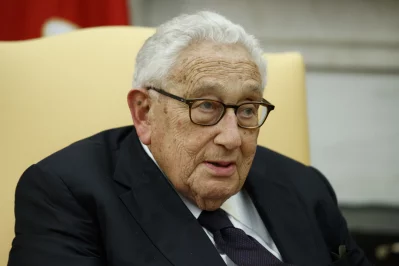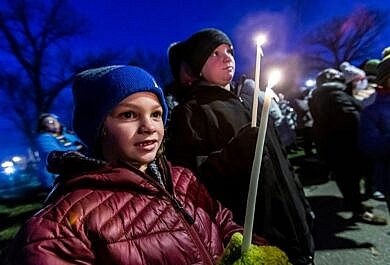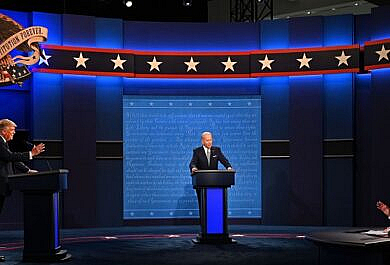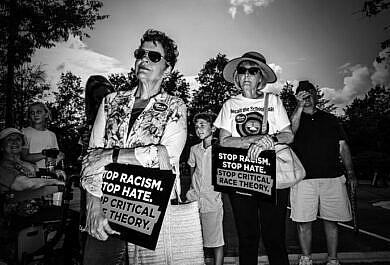The influential diplomat’s polarizing legacy is evident even in his obituaries – one right-leaning outlet praised him as “legendary” while a left-leaning publication denounced him as a “war criminal.”
Summary
Henry Kissinger, the former Secretary of State to two presidents and winner of the Nobel Peace Prize, died on Wednesday at 100. The influential diplomat’s polarizing legacy is evident even in his obituaries – one right-leaning outlet praised him as “legendary” while a left-leaning publication denounced him as a “war criminal.”
- The German-born Jewish refugee, academic and World War II veteran became the dominant figure in American foreign policy for most of the 1970s as national security adviser and secretary of state to presidents Richard Nixon and Gerald Ford.
- Kissinger served as national security adviser from 1969 to 1975 and as secretary of state from 1973 to 1977, and is the only person to have held both posts simultaneously. He remained a prominent voice in world affairs for the rest of his life.
- Kissinger shared the 1973 Nobel Peace Prize with North Vietnamese Le Duc Tho for his efforts to end the Vietnam War. He also played a key role as a mediator in the 1973 Yom Kippur War, a negotiator on US-Soviet arms control agreements, and helped facilitate Nixon’s rapprochement with China.
- The former secretary of state has been criticized for his role planning Nixon’s war in Cambodia in the 1970s, for authorizing wiretaps of reporters and White House staffers, and other controversies across his long career.
![]()
- Rolling Stone declared “good riddance,” denounced Kissinger as a “notorious war criminal” and “monster” who was “beloved by America’s ruling class” and celebrated that he “finally” died. Writer Spencer Ackerman proceeds to compare Kissinger to Oklahoma City bomber Timothy McVeigh and Iranian butcher Qassem Soleimani and claimed he had more blood on his hands than either terrorist.
- The Nation published what it called “a people’s obituary of Henry Kissinger.” The Nation conceded, “Kissinger is, of course, not singularly responsible for the evolution of the US national security state into the perpetual motion machine that it today has become… But Kissinger’s career courses through the decades like a bright red line, shedding spectral light on the road that has brought us to where we are now, from the jungles of Vietnam and Cambodia to the sands of the Persian Gulf to deadlock in Ukraine to moral bankruptcy in Gaza.”
- Time reflected on how the Holocaust shaped Kissinger’s worldview and influenced his time as a presidential adviser. Kissinger helped liberate a concentration camp as a young German-born American soldier and realized that had his family not fled Germany before World War II, he and his family also could’ve been sent to a death camp like other German Jews.
![]()
- Fox News observed “Kissinger was both revered and controversial, praised by supporters as a brilliant strategist and condemned by critics as a master manipulator. He pioneered the policy of détente with the Soviet Union, began a rapprochement with China and won the Nobel Peace Prize in 1973 for negotiating the Paris Peace Accords to end U.S. involvement in Vietnam.”
- Breitbart hailed Kissinger as a “legendary American diplomat” and “America’s answer to Klemens von Metternich, the conservative statesman who restored a balance of power to Europe” after the Napoleonic Wars.
- The New York Post recalled Kissinger’s legacy as “Washington’s greatest swinger” during his bachelor days after his divorce, before marrying his now-widow Nancy. Kissinger was known to have dated Candice Bergen, Shirley MacLaine, Bond girl Jill St. John, and Diane Sawyer, among others.
© Dominic Moore, 2023






